
Radar | Jun 22,2024
Value-added coffee exporters will be allowed to sell their products with foreign currency in the local market if the bill prepared by the Ethiopian Tea & Coffee Authority sees the light of day.
The bill states the National Bank of Ethiopia is mandated to issue licenses to coffee roasters interested in the domestic market. Buyers must pay using electronic money transaction devices such as POS and ATM.
Shafi Omer, deputy head of the Authority, hopes it will answer the request of the industry players as roasters can sell their product with its actual value and supplement the loss from the international market.
An agricultural and development economist Shimelis Araya (PhD) said the forex crunch is significant for commodities to be delivered below their actual value. The expert said the lack of value-added products had challenged our agricultural and horticultural products forcing exporters to sell their products below the standard price. He believes value-added export commodities should be promoted as it boosts export earnings.
Ethiopia exported over 280,000tns of coffee last year, earning 1.4 billion dollars.
Industry insiders see flickers that the bill will help domestic coffee roasters to compensate the forex they could not earn from export.
One of the coffee exporters, Typica Coffee, has been exporting green and processed coffee to China and Dubai for the past 15 years. Minelik Habtu, former president of the Ethiopian Coffee Roasters Association, is the General Manager of Typica Coffee and its sister company Minelik Engineering Plc, which produces different kinds of coffee roasting and agro-processing machinery.
The company generates an average of 100,000 dollars in annual revenue from coffee export, the roasted coffee accounting for no more than 10pc.
"International buyers prefer green coffee beans over roasted ones," he said.
The draft limits transactions of the export standard roasted coffee to areas such as parks, star hotels and resorts, airports, and premises of the African Union and the United Nations Economic Commission for Africa.
Menelik, who has been in business for nearly twenty years, stresses that limiting the market to specific places narrows the possible realisation of the bill, encouraging processed coffee exporters. The sentiment is shared by the Head of the Ethiopian Coffee Exporters Association and coffee exporter Gizat Worku that places selected to display the roasted coffee would not be easily accessible for tourists.
The Authority issued a directive two years ago allowing coffee traders to send all grades of coffee beans to the global market. Prior to that, only the top four grades were up for export. According to this bill, farmers and exporters can also directly ship the beans without going through the trading floors of the Ethiopian Commodity Exchange.
For years the lobby group led by Menelik asked officials to kick off such a trade system domestically. The now dissolved Association complained that the unavailability of "rejected" coffee, low quality and high prices at the Exchange have affected their business, pushing up prices of coffee on the domestic market and leading them not to exceed their optimal capacities to supply roasted coffee.
According to Minelik, tourists and expatriates merely consumed the low-quality delivered to the domestic market, perceiving Ethiopian coffee as below the standard.
The draft document prepared for the past year is awaiting approval from the legislative body, and officials at the Authority are hopeful it will be approved this year.
According to Minelik, though the number of roasted coffee exporters climbed by six-fold from what it was in 2017, there is a lower appetite for roasted coffee in the global market. He said that international buyers prefer to process the beans and offer roasted coffee instead.
Wild Coffee has had a tasting shop around the Mesqelflower area for the last year and a half. The company sells half a kilo for 10 dollars, seven dollars lower than the international market earning 20,000 dollars in revenue.
The CEO, Gezahegn Mamo, believes that the move helps rebuild the reputation. However, he is concerned the business would be in control and favour of a few if stringent regulation is not placed.
A 2021 United Nations Conference On Trade & Development report stated that the roasters face expensive branding and promotion fees in the destination markets and production costs, causing an increment in the retail price.
Gezahegn said eventhough his company has plans to expand its network in the capital paying 15pc of Value-Added Tax is not encouraging to stay in business.
PUBLISHED ON
Jan 21,2023 [ VOL
23 , NO
1186]

Radar | Jun 22,2024
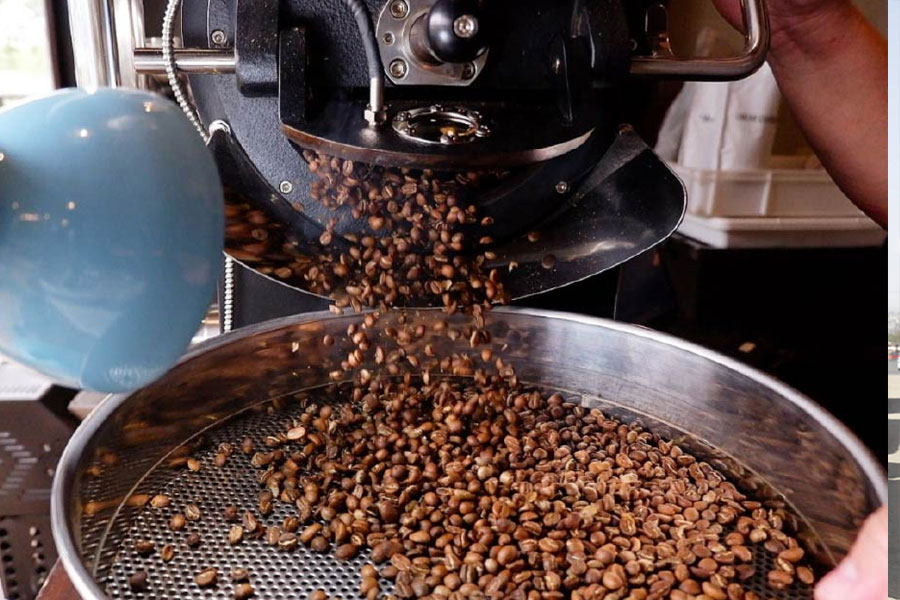
Fortune News | Apr 02,2022
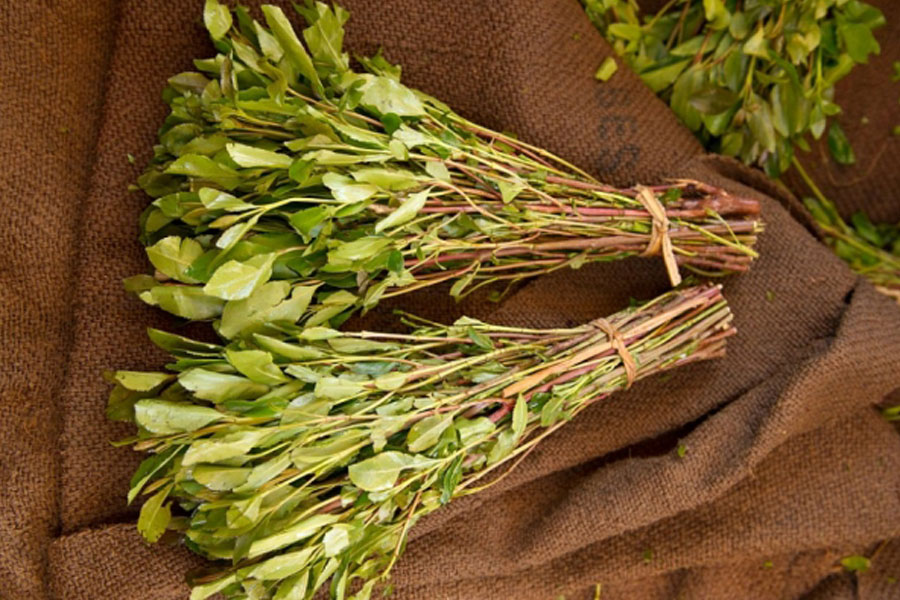
Fortune News | Dec 08,2024
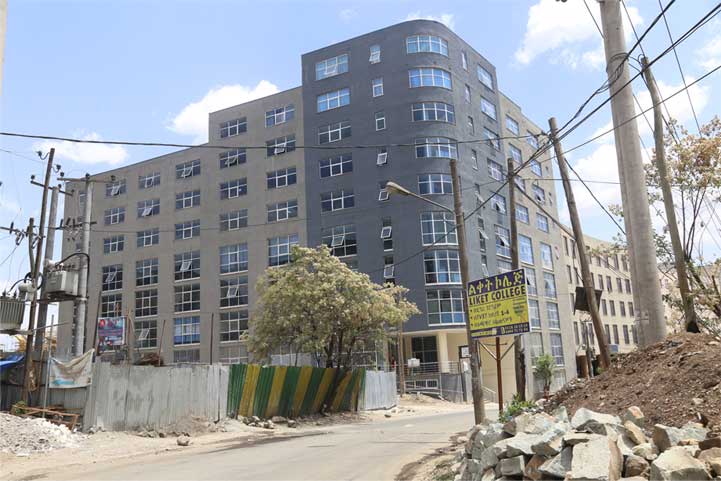
Fortune News | Mar 28,2020

Commentaries | Feb 01,2019
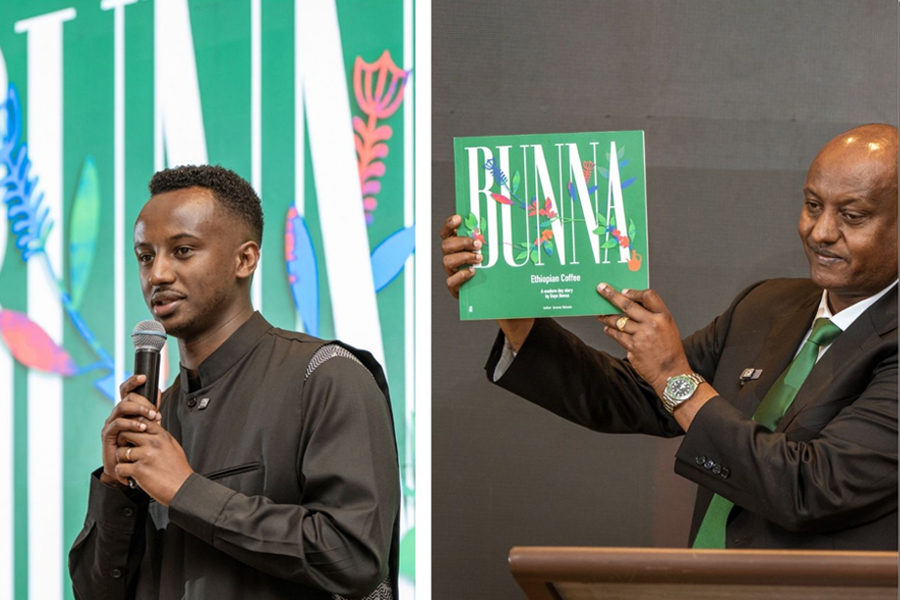
Radar | Oct 05,2024

Radar | May 13,2023

Fortune News | Jul 13,2025

Fortune News | Sep 16,2023
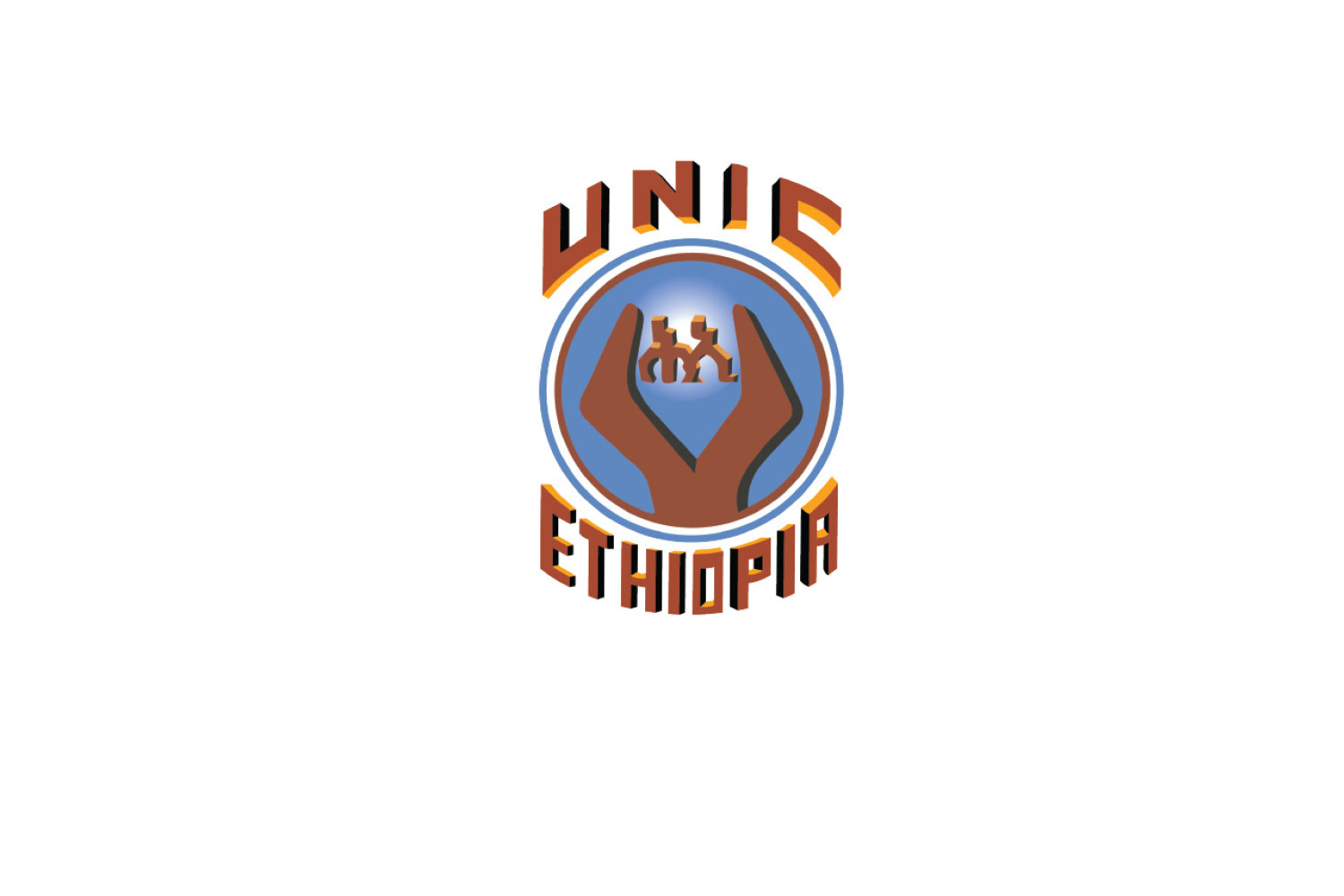
Fortune News | Nov 21,2018

Dec 22 , 2024 . By TIZITA SHEWAFERAW
Charged with transforming colossal state-owned enterprises into modern and competitiv...

Aug 18 , 2024 . By AKSAH ITALO
Although predictable Yonas Zerihun's job in the ride-hailing service is not immune to...

Jul 28 , 2024 . By TIZITA SHEWAFERAW
Unhabitual, perhaps too many, Samuel Gebreyohannes, 38, used to occasionally enjoy a couple of beers at breakfast. However, he recently swit...

Jul 13 , 2024 . By AKSAH ITALO
Investors who rely on tractors, trucks, and field vehicles for commuting, transporting commodities, and f...

Oct 25 , 2025
The regulatory machinery is on overdrive. In only two years, no fewer than 35 new pro...

Oct 18 , 2025
The political establishment, notably the ruling party and its top brass, has become p...

Oct 11 , 2025
Ladislas Farago, a roving Associated Press (AP) correspondent, arrived in Ethiopia in...

Oct 4 , 2025
Eyob Tekalegn (PhD) had been in the Governor's chair for only weeks when, on Septembe...